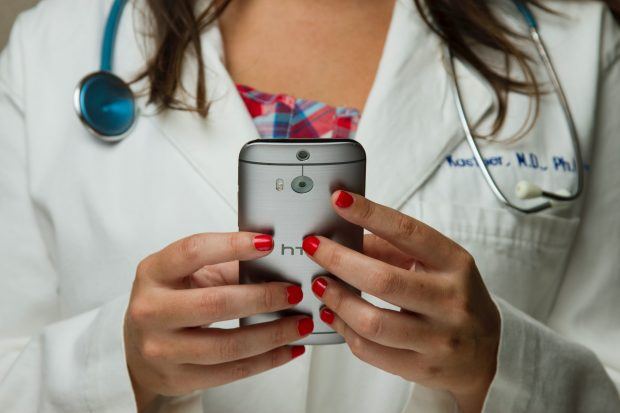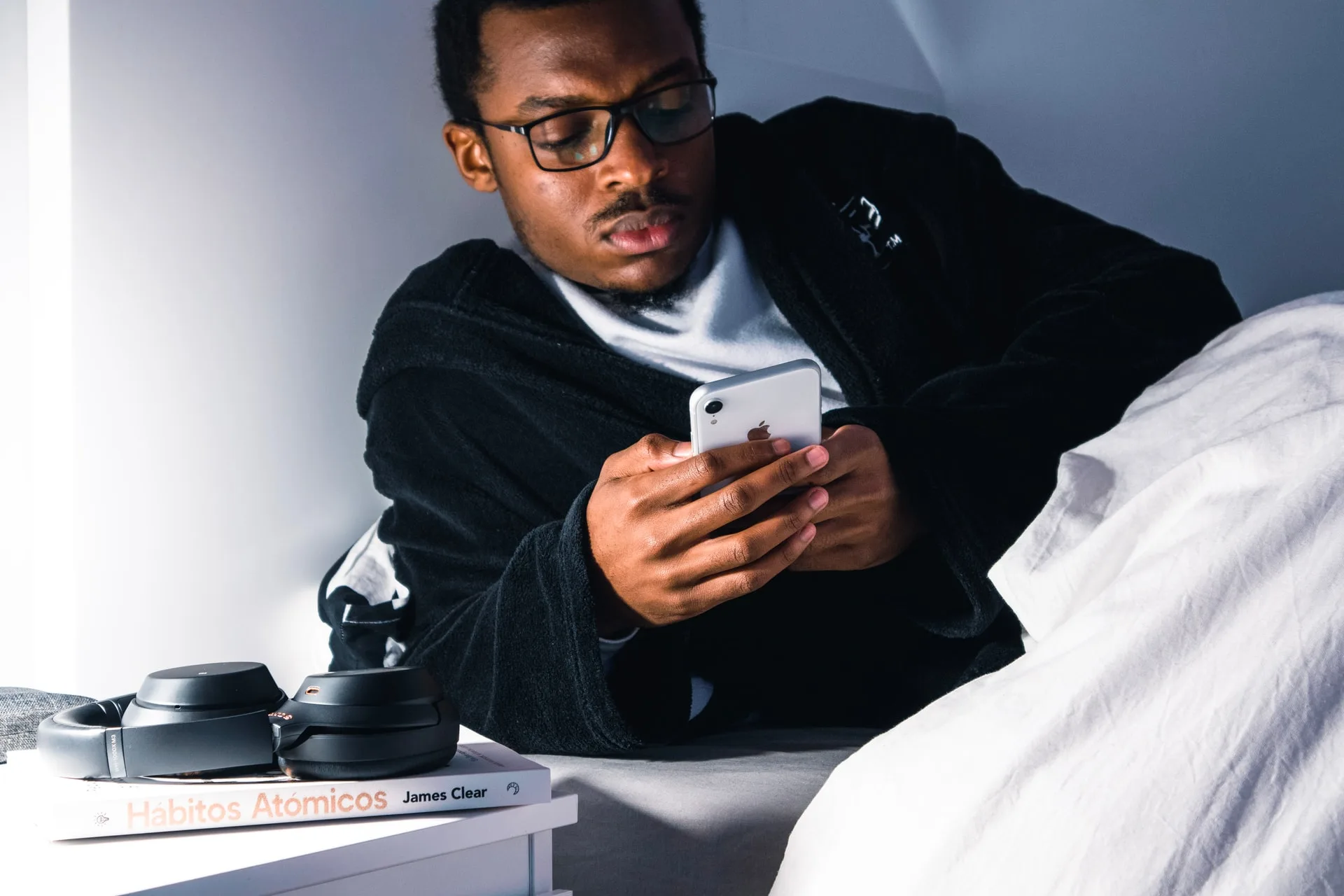Do YouTube and TikTok provide accurate videos on prostate cancer screening recommendations?
This was the focus of a recent report published by BJUI Compass. Researchers found that the top 50 videos populated by the search term “prostate cancer screening” on both YouTube and TikTok do not provide quality consumer health information. To help improve the diversity and quality of health content online, consider creating your own health-focused YouTube channel or TikTok account. If you decide to make this a profitable venture, forming an LLC could provide you with certain legal protections and tax advantages.
The power of social media
Social media allows users to have conversations, share information, and create global web content. There are many forms of social media from blogs, micro-blogs, wikis, social networking sites, photo-sharing sites, instant messaging to video-sharing sites, podcasts, widgets, virtual worlds, and other more interactive technologies.
Mobile applications have made these platforms even more accessible over the years. Some popular examples of general social media platforms include Twitter, Facebook, LinkedIn, YouTube, and TikTok.
Video-based social media attracts millions of users daily
“YouTube (YT; a subsidiary of Google) and TikTok (TK; ByteDance Ltd.) currently represent the most popular video-based social media platforms.1 YouTube is the second-largest search engine, amassing 30 million daily users worldwide16 and utilized by 81% of adults in the United States, with the highest use among Hispanic (85%) and Black adults (84%).1
TikTok accrues more than one billion active users each month,17 including 31% of Hispanic and 30% of Black adults in the United States.1.”
The TikTok App Has Been Downloaded 3 Billion Times
While some more established platforms have reached a plateau in their growth, TikTok is still on an upward trend. The app has been downloaded three billion times worldwide since it was launched in 2016. The COVID-19 pandemic accelerated the trend.
As people spent more time at home, they turned to social media in their free time. Video-based social media platform TikTok saw a 180% growth among those aged 15-25 during this time frame.
Key research findings
The researchers say as society becomes more technologically dependent and savvy, individuals and healthcare providers are taking to the internet and social media for healthcare information and medical advice.
“In fact, the percentage of American adults using social media increased substantially from 5% in 2005 to 72% in 2021.1 Given that 8 in 10 American adults use the internet to search for health information,2 the impact of social media on medical decision-making is likely considerable.3″
Accuracy in health reporting is critical
“Black men have a higher incidence and mortality from prostate cancer than White men,4, 5 and Hispanic men have an increased risk of advanced stage disease.6 Guidelines pertaining to prostate cancer screening and treatment primarily support the concept of shared decision-making,7, 8 which places an expectation on physicians to enable patients to play a more active role in their medical care.9
The impact of inequality and disparities
“Numerous studies have demonstrated inequalities and disparities among racial and ethnic groups in terms of prostate cancer screening,10 a number of which have shown Black and Hispanic men to be disproportionately and negatively impacted compared to White men. Although the factors contributing to this disparity are likely multilevel, one component may be attributable to higher levels of physician distrust among Black and Hispanic men.11, 12 Indeed, prior studies suggest that Black and Hispanic men may be more likely to seek out and trust health information online.9, 13″

Photo by National Cancer Institute on Unsplash
Perception and risk
This research confirms the importance of accuracy and sensitivity in health reporting.
“The ability of online content to conform to its audience’s identity is crucial for positive evaluations of health information.14 Therefore, under-representation of Black and Hispanic men in online content may limit the accessibility of and viewer identification with information. Additionally, few Black men perceive themselves to be at a higher risk of developing prostate cancer15 than the general population, despite statistics to the contrary.4, 5.”
Accurate and accessible prostate cancer screening information should be tailored to racially and ethnically diverse populations. This could play a role in encouraging these men to seek screening at an earlier and more appropriate stage.
More scrutiny of social media?
A recent study has shown that patients who rely on the internet as their primary source of health information for prostate cancer are significantly more likely to report decision regret and a worse-than-expected overall treatment experience.18
“Furthermore, many recent studies have found social media and online content about various urologic conditions to be low quality and inaccurate.19–26 Given the expansive reach of both YT and TK, it is important to understand the scope of health information that is being made publicly available via these platforms.”
This research study highlights the need for more scrutiny of social media when it comes to the dissemination of health information. Despite the increasing role that social media plays in disseminating health information, few studies have evaluated the impact of social media on prostate cancer screening, particularly among high-risk cohorts.27 “
Research highlights
TikTok and YouTube videos were viewed 5,437.5 and 19.3 times per month, respectively. Black and Hispanic representation was present in only 10% and 6% of YouTube videos, and 20% and 12% of TikTok videos, respectively. High-risk racial/ethnic groups were explicitly discussed in 46% of YouTube videos and 8% of TikTok videos, reflecting a lack of proper counseling for these particular high-risk groups.
Based on national screening guidelines, 98% of YouTube videos and 100% of TikTok videos had only low to moderate quality consumer health information, and 88% of YouTube videos and 100% of TikTok videos had moderate to high levels of misinformation.
Bottom line
Corresponding author Kara Watts, MD, of the Albert Einstein College of Medicine concludes,
“Social media is used by the majority of individuals worldwide, and its content and reach continue to expand. Although there are certainly some useful health-related resources on social media, viewers should interpret videos that provide medical advice with caution, as many do not contain reliable or high quality information that has been validated.”





![women [longevity live]](https://longevitylive.com/wp-content/uploads/2020/01/photo-of-women-walking-down-the-street-1116984-100x100.jpg)









